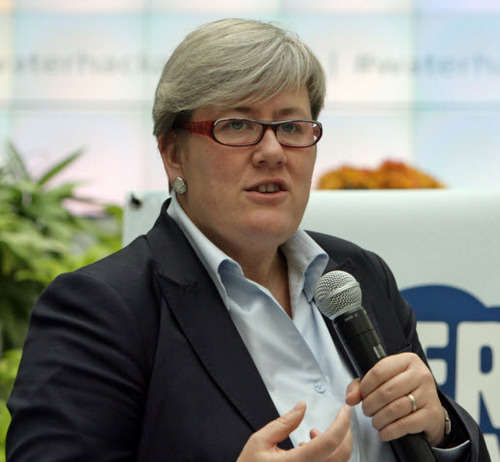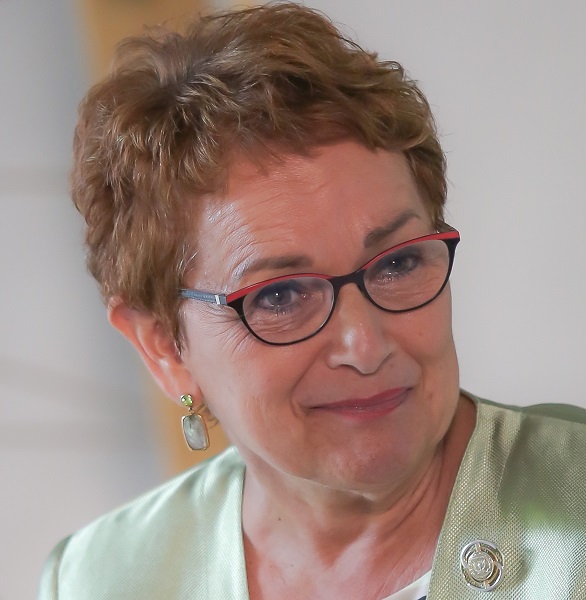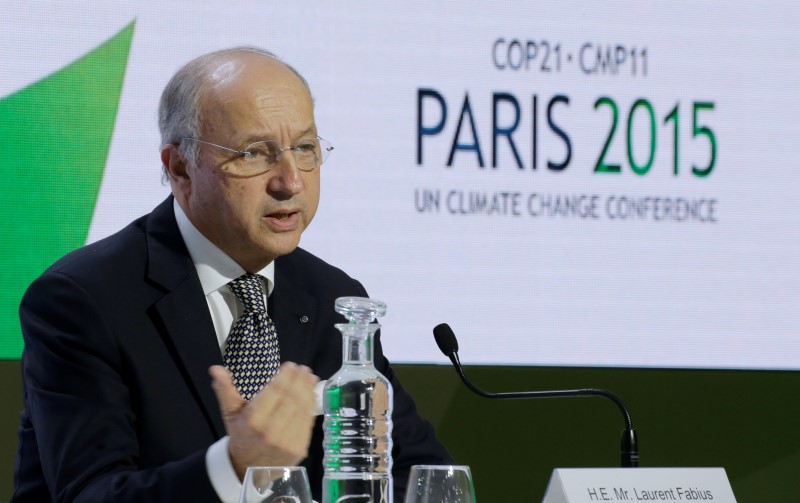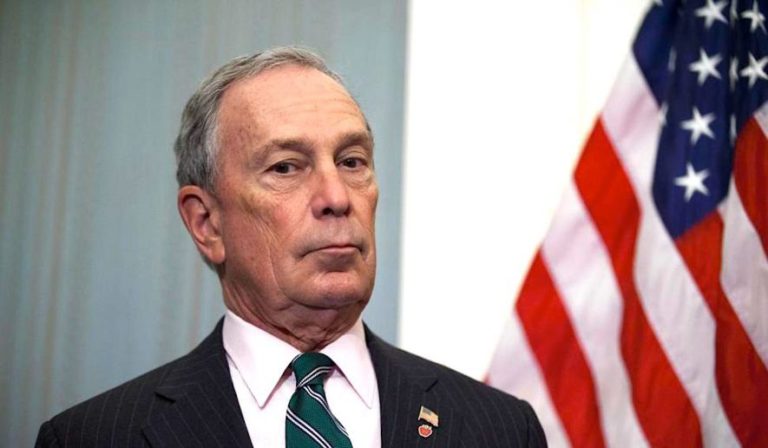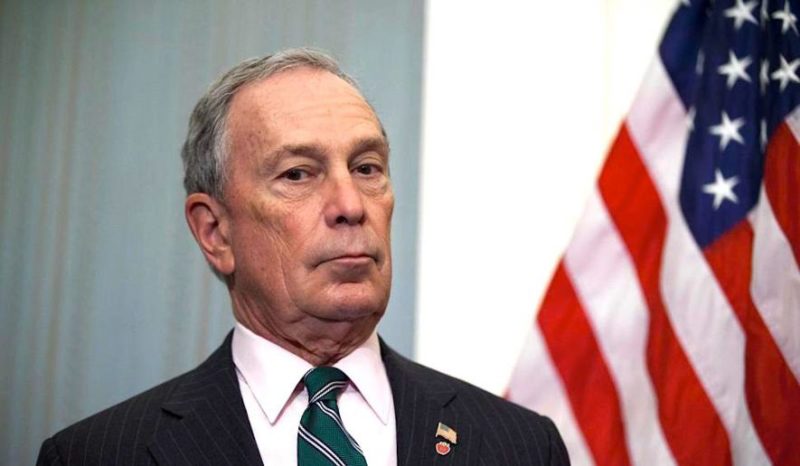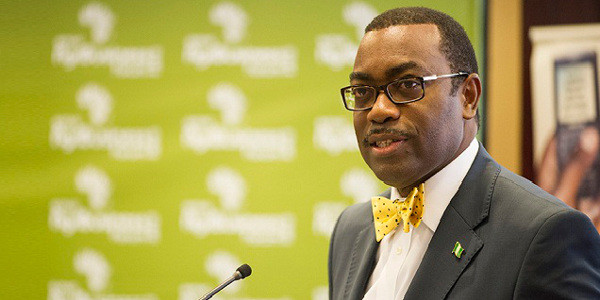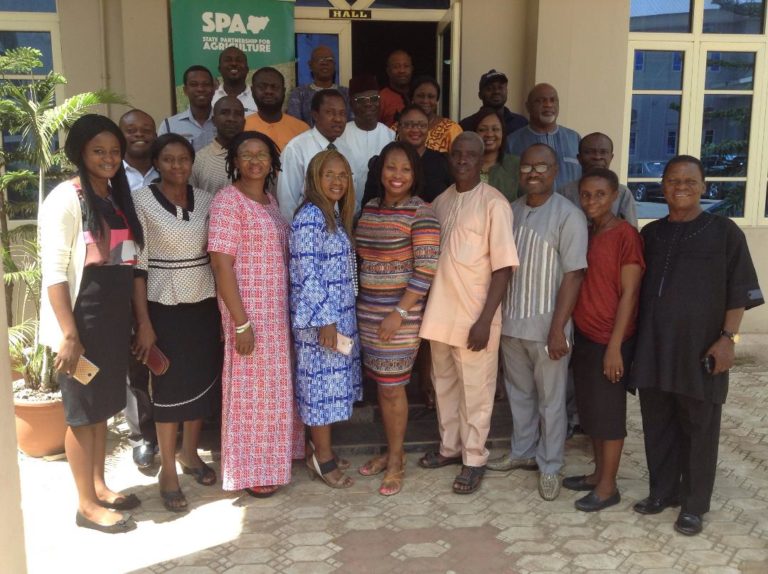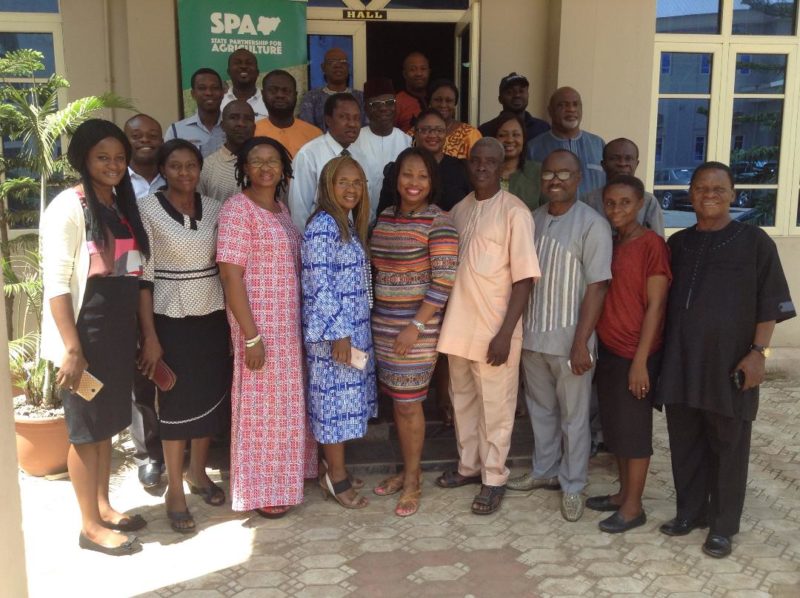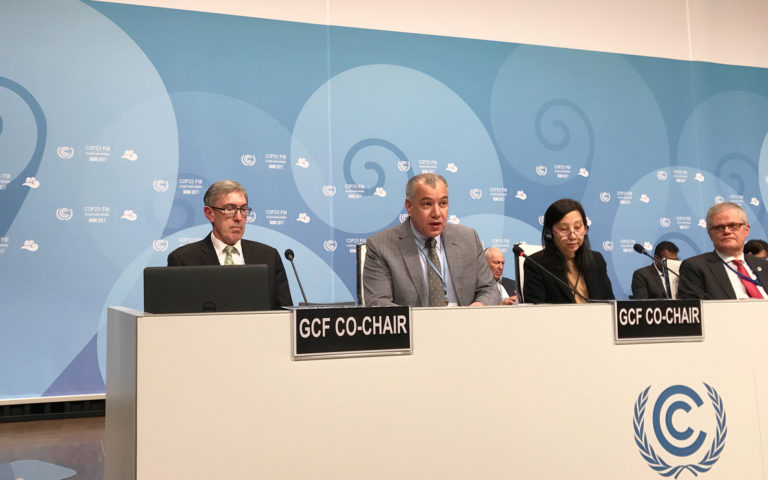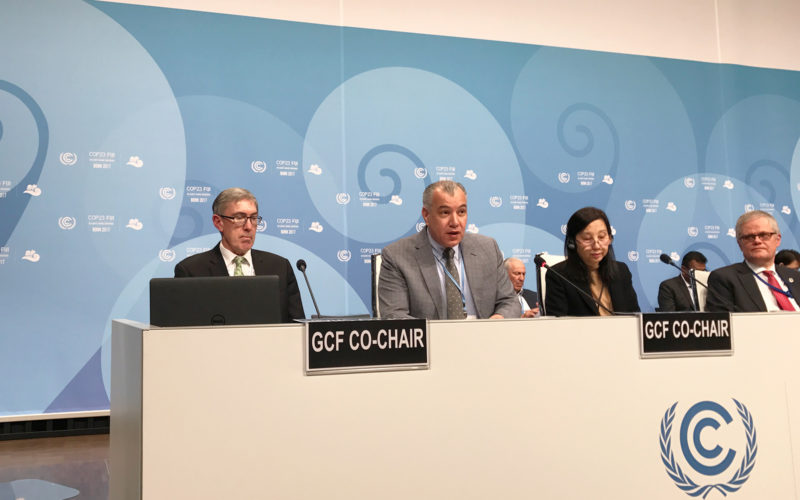Investing faster and further in agricultural climate action and to support the sustainable livelihoods of small-scale farmers will unlock much greater potential to curb emissions and protect people against climate change, sector leaders and experts said on Friday, November 10, 2017 at the UN Climate Change Conference in Bonn, Germany.
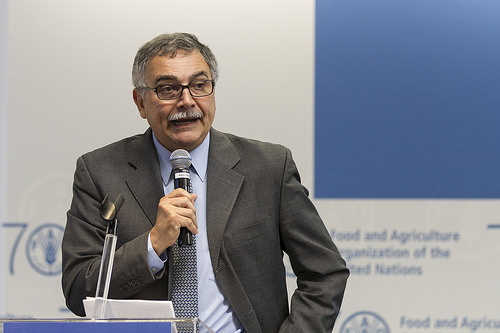
“Agriculture is a key factor for the sustainability of rural areas, the responsibility for food security and its potential to offer climate change solutions is enormous,” Christian Schmidt, Germany’s Federal Minister of Food and Agriculture, said during the session opening.
The call to direct far more resources to the agriculture sector as a key strategy to meet the goals of the Paris Climate Change Agreement and the inextricably linked 2030 Agenda for Sustainable Development was made during Agriculture Action Day under the Marrakesh Partnership for Global Climate Action at COP23.
“Countries now have the opportunity to transform their agricultural sectors to achieve food security for all through sustainable agriculture and strategies that boost resource-use efficiency, conserve and restore biodiversity and natural resources, and combat the impacts of climate change,” said René Castro, Assistant-Director General of the UN Food and Agriculture Organisation (FAO).
The central goal of the Paris Agreement is to keep the average global temperature rise well below 2 degrees C and as close as possible to 1.5 degrees. About one degree of that rise has already happened, underlining the urgency to progress further and faster to cut the greenhouse gases that cause global warming.
For the livestock sector, for example FAO estimates that emissions could be readily reduced by about 30 percent with the adoption of best practices.
Extreme climate impacts also disproportionately affect small-scale farmers, pastoralists and fishing and forest communities who still provide the bulk of the planet’s food. Supporting these communities with innovative solutions both to reduce their emissions and protect their communities also meets many of the objectives of literally every one of the 17 Sustainable Development Goals.
Detailing some of the actions needed to transform the agriculture sector, the FAO has released a new Sourcebook on Climate-Smart Agriculture. The book, launched at the event, features knowledge and stories about actual projects to guide policymakers and programme managers to make the agricultural sectors more sustainable and productive while also contributing to food security and lower carbon intensity.
The Climate and Clean Air Coalition (CCAC), an organiser of the Agriculture Action day, announced they will work in the next few years to create the conditions for greater agricultural climate action. They aim to help give countries the confidence to set realistic yet ambitious targets through the next revision of their national climate plans – Nationally Determined Contributions (NDCs).
“Agriculture is a large source of powerful greenhouse gases like methane and other short-lived climate pollutants but has great potential to store carbon and reduce greenhouse gases in our lifetime, that’s why we support and advocate for countries to improve their livestock emissions inventories,” said Helena Molin Valdes, Head of the CCAC Secretariat.
A number of other agriculture-based solutions for addressing climate change were also presented at the event. Discussions involved participants from governments, civil society, the private sector, small scale and young farmers centered on livestock, traditional agriculture systems, water, soil, food loss and waste, and integrated landscape management.
Among the recommended actions and initiatives were:
- Scale up public and private climate finance flows to agriculture, and use them in a catalytic manner. Climate finance flows continue to favour mitigation over adaptation, and focus overwhelmingly on energy systems and infrastructure. These imbalances should be addressed.
- Incentivise public-private partnerships. Strong dialogue and collaboration between the public and private sectors is key to ensure alignment between public policy and private sector investment decisions in agriculture and throughout the entire food system.
- Strengthen a multi-sector and multi-stakeholder dialogue towards more integrated approaches. Integrated approaches to landscape management will require enhanced coordination of policy and climate action across multiple public and private entities.
- Invest in knowledge and information. Additional analyses are needed to better identify the institutional barriers and market failures that are inhibiting broader adoption of climate-resilient and low-emissions agricultural practices in individual countries, regions and communities.
- Build capacity to address barriers to implement climate action. Agricultural producers require additional capacities to understand the climate risks and vulnerabilities they face, and respond accordingly.

